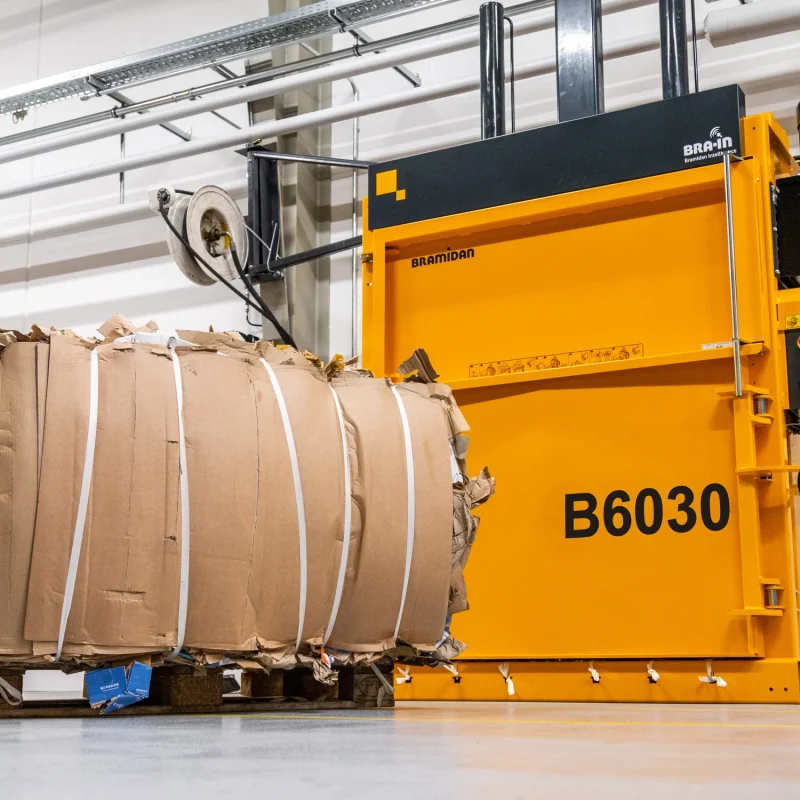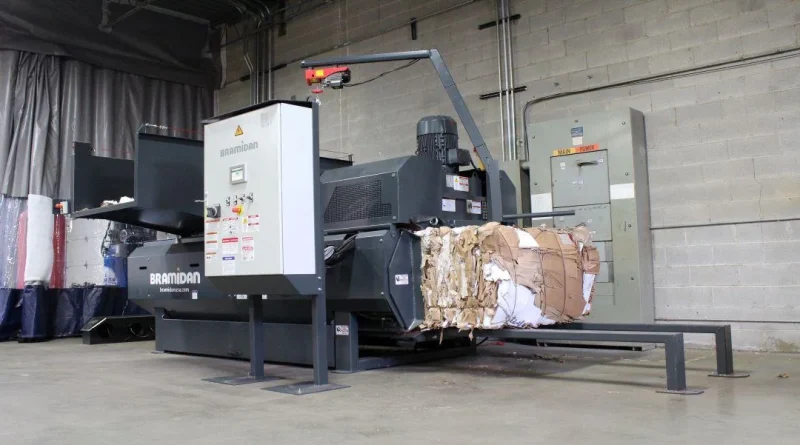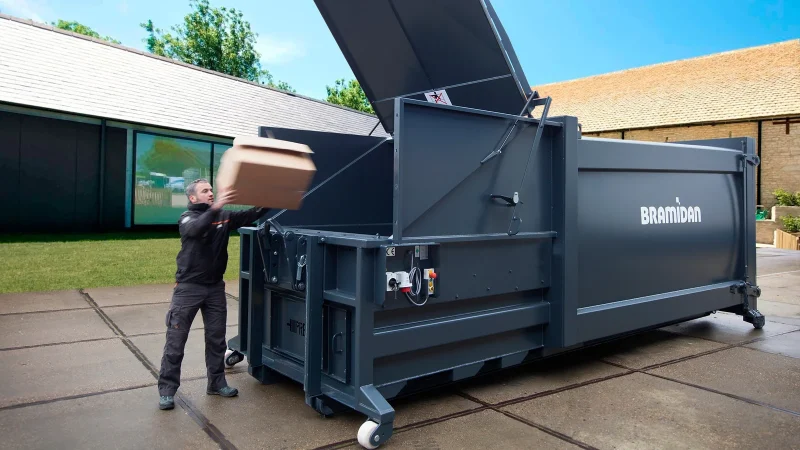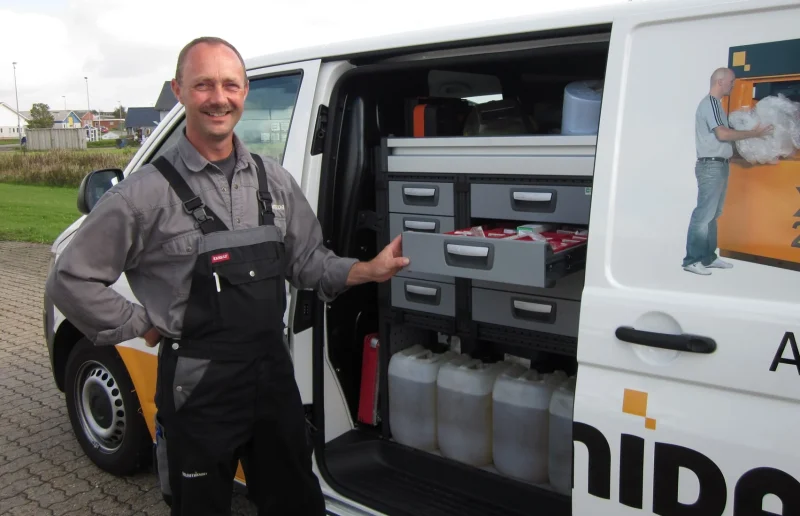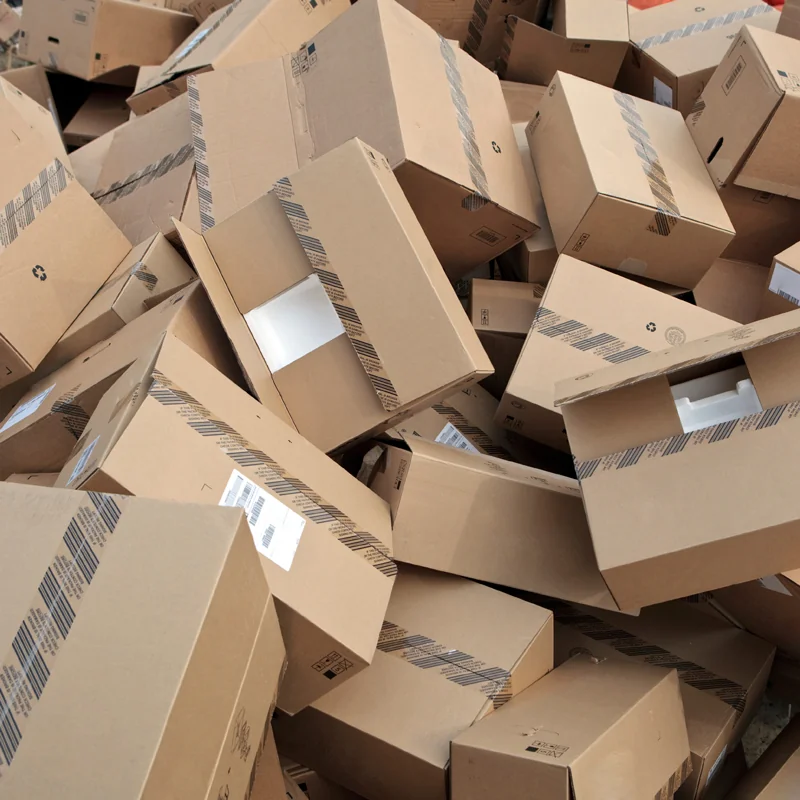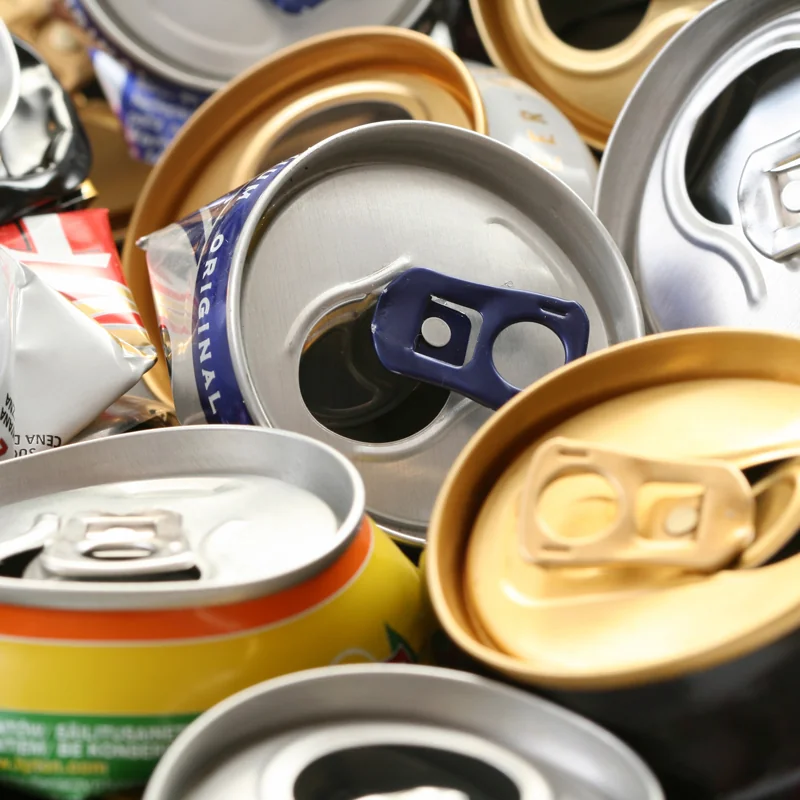Hotels & Restaurants

In the hospitality sector, waste management is a competitive edge. More importantly, it’s a legal requirement as well.
From cafes to hotels, efficient waste management enhances profit and boosts operations with the correct machinery.
Restaurants and hotels require a specific waste management strategy to keep things running smoothly. For a complete waste analysis, read more below.
Challenges
- Time spent on waste handling
- Limited space & overfilled containers
- Difficulty managing various waste types separately
- Limited income opportunities from recyclables
- Higher carbon footprint
- Expensive container haulings
- Strict waste handling policies
Benefits
- Saves time
- Reduces waste collections
- Efficient waste management
- Reliable sustainable recycling solution
- Generate an income from recyclable materials
- Optimises space utilisation
- Enhances workplace cleanliness
Recommended equipment
Since hotels and restaurants generate significant amounts of wet waste, compactors are an ideal choice. Vertical balers, however, are also able to cover the needs.
Learn more about our selection of balers and compactors below.
Vertical balers
Horizontal balers
Stationary and mobile compactors
Services

BRA-IN
Service
Most common waste types in hospitality
Below we have listed the most common waste types in the hospitality industry.
Pick you waste type and unveil our curated selection of machines designed for optimized waste management.
Don’t see your waste type? Check out all waste types here.
Paper & cardboard
Soft & hard plastic waste
Aluminium cans
Waste analysis in the hospitality sector
The hospitality sector, including hotels and restaurants, generates a distinct blend of waste, much of which requires careful handling due to rapid turnover and potential environmental impact.
Common types of waste in this sector include:
- Food waste: A significant portion of hospitality waste, including unused ingredients, preparation scraps, unserved buffet items, and customer plate waste.
- Packaging waste: This encompasses everything from food delivery packaging to individual amenity packages in hotels.
- Recyclables: Glass bottles, aluminium cans, paper products, and certain plastics used in beverages and food packaging.
- Single-use items: Items like straws, to-go containers, and disposable cutlery, often used in quick-service restaurants and hotel rooms.
- Operational waste: This includes items like cleaning supplies, light bulbs, and batteries, as well as office supplies.
- Textiles: Hotels deal with a substantial amount of textile waste, including worn linens, towels, uniforms, and drapery.
- Furniture and décor: Periodic refurbishments lead to disposal of old furniture, mattresses, and decorative items.
- Hazardous waste: Cleaning chemicals, fluorescent lamps, and certain types of batteries, all of which require special disposal methods.
- Garden waste: Large hotels with gardens or landscaped areas produce green waste like grass clippings, tree trimmings, and floral decor.
- Electronic waste: Broken or outdated electronics like TVs, kitchen appliances, and computers must be disposed of properly.
- Construction and renovation debris: During upgrades or renovations, hotels and restaurants generate construction waste such as concrete, wood, metals, and drywall.
Hospitality businesses often emphasize sustainability initiatives, aiming to reduce their environmental footprint by minimising waste and improving recycling rates.
Strategies include donating excess food, composting organic waste, investing in reusable goods, and sourcing recyclable or biodegradable products.
In addition, these businesses may also participate in programs to recycle soap and amenity bottles or repurpose furniture and textiles to extend their life cycle and reduce waste.
Fill in the form and we will contact you
Questions? Contact us today






